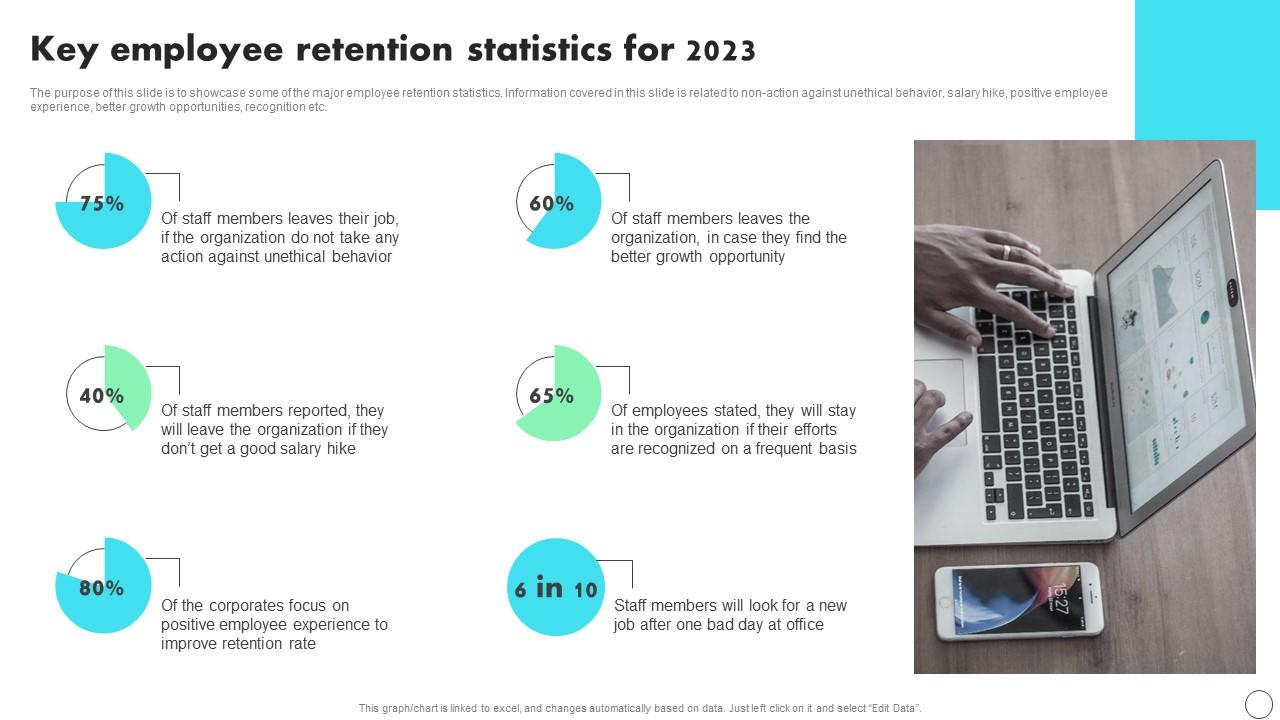Why Middle Management Matters: A Key To Employee Retention And Business Growth

Table of Contents
The Role of Middle Management in Employee Retention
Middle managers are the crucial bridge connecting leadership's vision with the daily realities of employees. Their actions directly influence employee satisfaction, loyalty, and ultimately, retention.
Bridging the Gap Between Leadership and Employees
Middle managers are the frontline communicators, translating high-level strategies into actionable plans and relaying employee feedback upwards. Effective communication is paramount. They must clearly articulate expectations, provide constructive feedback, and ensure a transparent flow of information in both directions. This open communication fosters trust and a supportive work environment where employees feel heard and valued. Furthermore, strong middle managers act as mentors, guiding their team members' professional development and career growth.
- Effective Communication Strategies: Regular team meetings, open-door policies, transparent performance reviews, and utilizing various communication channels (email, instant messaging, etc.).
- Mentorship Programs: Formal or informal mentorship initiatives pairing experienced employees with newer team members for guidance and support.
- Feedback Mechanisms: Regular check-ins, 360-degree feedback systems, and anonymous feedback surveys.
Addressing Employee Concerns and Promoting Work-Life Balance
Proactive middle managers identify and address employee concerns before they escalate. They are adept at conflict resolution and creating a culture that values work-life balance. This includes advocating for flexible work arrangements, recognizing employee contributions, and fostering a supportive atmosphere. By demonstrating empathy and understanding, they build strong relationships with their teams, leading to increased loyalty and reduced turnover.
- Conflict Resolution Strategies: Mediation, open dialogue, and utilizing conflict resolution training for middle managers.
- Promoting Flexible Work Arrangements: Offering options like remote work, flexible hours, and compressed workweeks.
- Recognizing Employee Contributions: Regular verbal praise, awards, bonuses, and public acknowledgment of achievements.
Fostering a Positive and Inclusive Work Culture
Middle managers are instrumental in building a positive and inclusive work environment. They champion diversity and inclusion initiatives, ensuring fair treatment and equal opportunities for all team members. By promoting a sense of belonging and community, they create a workplace where everyone feels valued, respected, and empowered to contribute their best work.
- Diversity and Inclusion Programs: Implementing diversity training, establishing employee resource groups, and promoting inclusive hiring practices.
- Team-Building Activities: Organizing social events, team-building exercises, and collaborative projects to foster camaraderie.
- Inclusive Communication Practices: Using inclusive language, actively seeking diverse perspectives, and ensuring communication is accessible to everyone.
The Impact of Middle Management on Business Growth
Effective middle management isn't just about employee retention; it's a key driver of business growth. By optimizing team performance and fostering innovation, middle managers significantly contribute to the overall success of the organization.
Driving Productivity and Efficiency
Strong middle managers improve team performance by setting clear goals, providing adequate resources, and closely monitoring progress. They effectively delegate tasks, empower their teams, and create a culture of accountability. This leads to increased productivity, improved efficiency, and ultimately, higher profitability.
- Effective Goal-Setting Frameworks: SMART goals (Specific, Measurable, Achievable, Relevant, Time-bound), OKRs (Objectives and Key Results), and other goal-setting methodologies.
- Resource Allocation Strategies: Ensuring teams have the necessary tools, technology, and budget to achieve their goals.
- Performance Monitoring Techniques: Regular progress reports, performance dashboards, and regular feedback sessions.
Fostering Innovation and Creativity
Middle managers play a critical role in fostering a culture of innovation. They encourage experimentation, provide opportunities for learning and development, and create an environment where employees feel comfortable sharing new ideas. By promoting open communication and collaboration, they unlock the creative potential of their teams and drive significant business growth.
- Innovation Initiatives: Hackathons, brainstorming sessions, idea contests, and dedicated time for innovation projects.
- Employee Training Programs: Providing opportunities for employees to learn new skills and stay up-to-date with industry trends.
- Collaborative Work Practices: Utilizing project management tools, fostering cross-functional collaboration, and encouraging knowledge sharing.
Improving Strategic Alignment and Execution
Middle managers are responsible for translating high-level business strategies into actionable plans for their teams. They ensure effective communication and coordination among different departments, monitor progress, and adapt strategies as needed. This ensures that the organization is moving towards its strategic goals efficiently and effectively.
- Strategic Planning Processes: Participating in strategic planning sessions, translating strategic goals into team objectives, and developing action plans.
- Project Management Methodologies: Using agile methodologies, project management software, and other tools to manage projects effectively.
- Performance Review Mechanisms: Regularly reviewing team performance, identifying areas for improvement, and adjusting strategies based on performance data.
Conclusion: Why Middle Management Truly Matters
In conclusion, effective middle management is not merely a layer of hierarchy; it's a critical driver of both employee retention and business growth. By investing in the development and empowerment of your middle managers, you are investing in the future of your organization. Their ability to bridge communication gaps, foster a positive work culture, and drive team performance is directly linked to your organization's success. Invest in your middle management today and unlock the potential for significant employee retention and business growth. Learn more about effective middle management strategies and training programs [Link to relevant resource].

Featured Posts
-
 Open Ai Facing Ftc Investigation A Deep Dive Into Chat Gpts Regulatory Challenges
May 05, 2025
Open Ai Facing Ftc Investigation A Deep Dive Into Chat Gpts Regulatory Challenges
May 05, 2025 -
 Holi Weather Forecast For West Bengal Expect High Temperatures And High Tides
May 05, 2025
Holi Weather Forecast For West Bengal Expect High Temperatures And High Tides
May 05, 2025 -
 The Inside Scoop Two Days At An Exclusive Crypto Party
May 05, 2025
The Inside Scoop Two Days At An Exclusive Crypto Party
May 05, 2025 -
 Kentucky Derby 2025 Top Contenders And Betting Odds
May 05, 2025
Kentucky Derby 2025 Top Contenders And Betting Odds
May 05, 2025 -
 2025 Kentucky Derby Horse Profile In Depth Look At Chunk Of Gold
May 05, 2025
2025 Kentucky Derby Horse Profile In Depth Look At Chunk Of Gold
May 05, 2025
